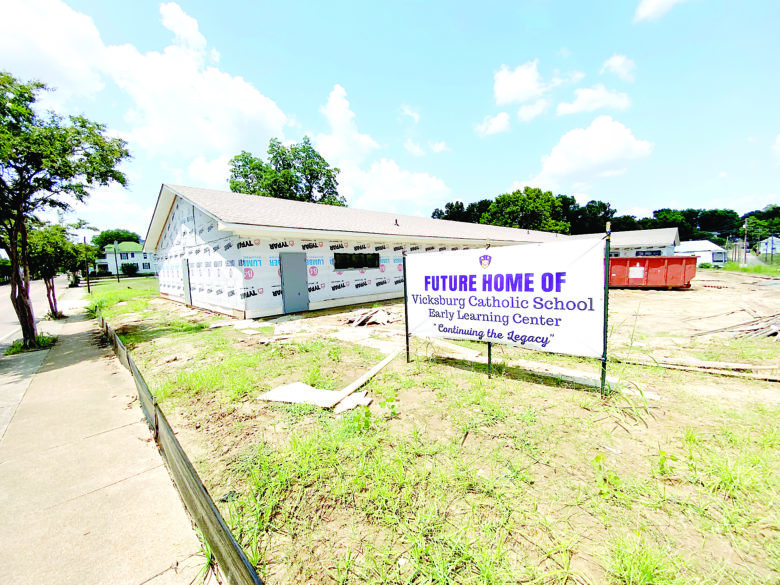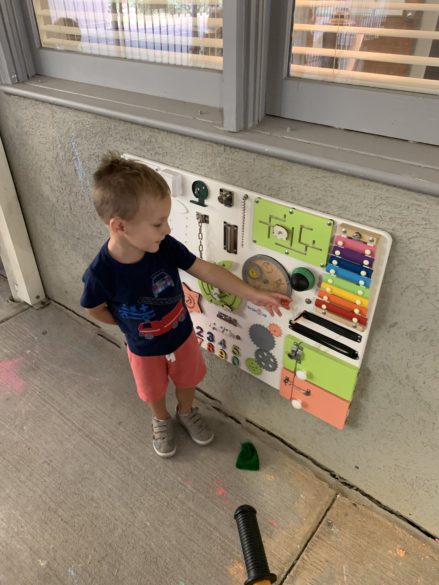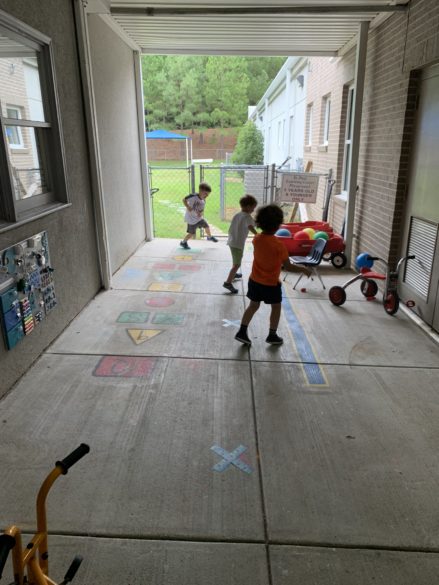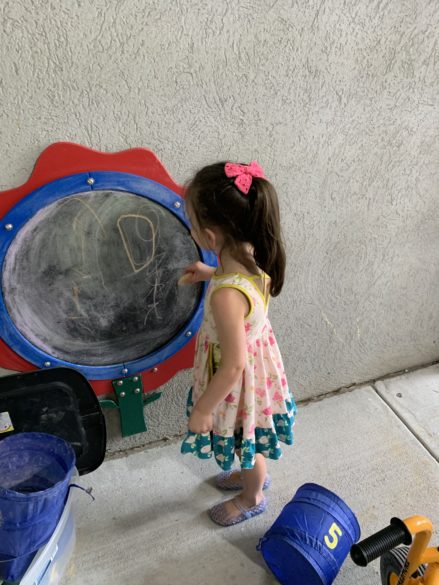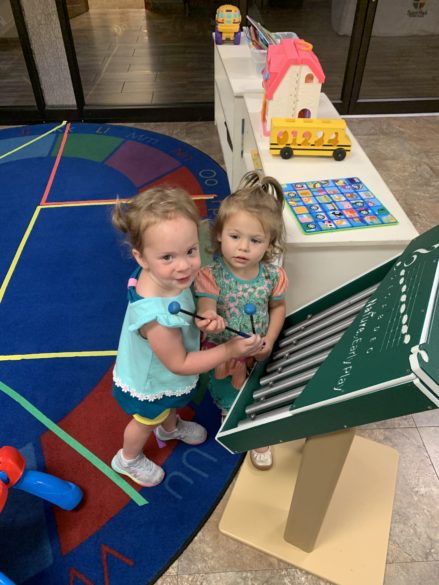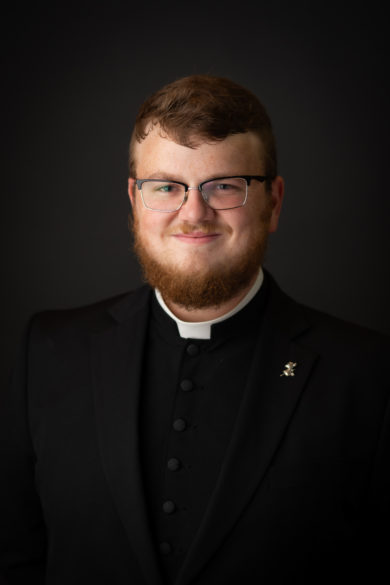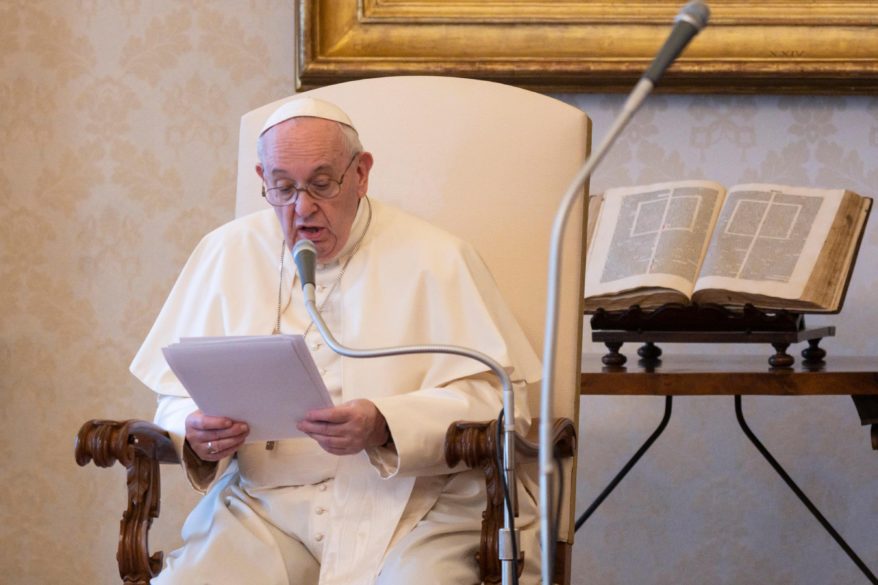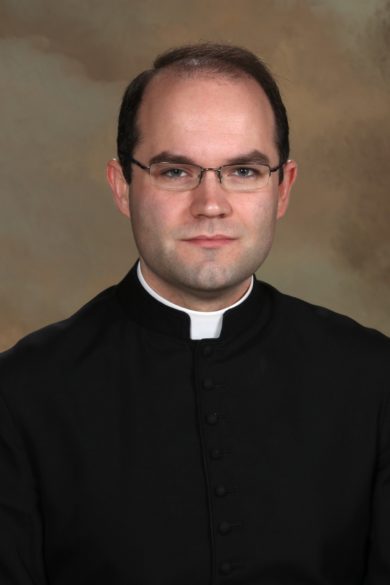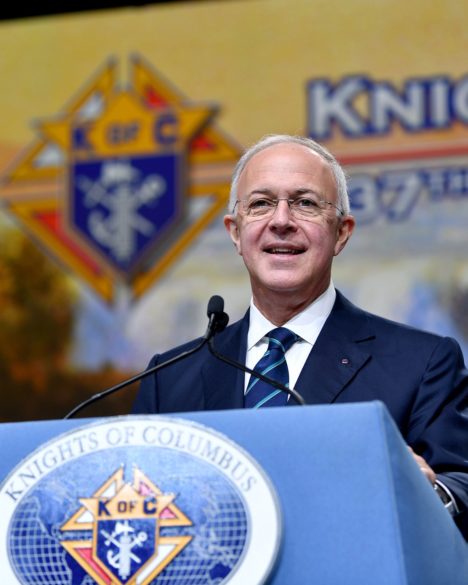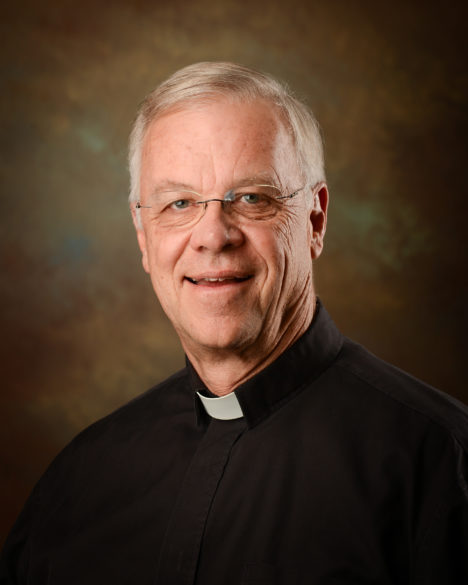SPIRITUAL ENRICHMENT
VIRTUAL Dominican Sisters of Peace presents “Listening to God’s Call with Open Hearts,” a virtual discernment retreat for single women ages 18-45, Sept. 11-13. This retreat will give single Catholic women an opportunity to meet and talk with Sisters and women in formation, as well as other women who are discerning their own call to religious life. Details: Sister Bea Tiboldi, OP, (614) 400-1255 or BTiboldi@oppeace.org.
GREENWOOD Locus Benedictus Retreat Center, “Why am I Afraid to Change?” Friday, Sept. 25 to Saturday, Sept. 26. Presenters: Father Bill Henry and Janet Constantine, LMHC. The Retreat is on Friday from 6-9 p.m. and Saturday 9 a.m. to 4 p.m. Admittance is by love offering; however, participants must register, since seating will be limited due to social distancing. Masks must be worn by all participants. Details: You may register online at www.locusbenedictus.org or call (662) 299-1232.
HERNANDO Holy Spirit, Healing Shrine in the Daily Mass Chapel. A healing shrine has been erected along the back wall of one side of the daily Mass chapel at Holy Spirit, dedicated to the Blessed Virgin Mary and the Saints. A petition book is available for you to write your petitions for healing of any illness of body, mind or spirit, for you, your relatives and/or friends. These petitions will be remembered and prayed for by our parishioners. You may light a small 5-hour candle (tea light) for $2 or a 7-day candle for $10. Details: church office (662) 429-7851.
PARISH, SCHOOL AND FAMILY EVENTS
CLARKSDALE St. Elizabeth, Parish Fair, Tuesday, Oct. 6 from 5-7 p.m. This year the fair will be drive through food items only with some surprise booths. The sweet shoppe and frozen casseroles will only be offering their top five items to be purchased. Details: (662) 846-6273.
GLUCKSTADT St. Joseph, Germanfest 2020 cancelled. After consultation with the diocese, conversations with Father Kevin and our Germanfest Chairperson Eric Price, and much prayer, we have made the very difficult decision to cancel Germanfest this year. Due to uncertainties surrounding the COVID pandemic, the escalating numbers of illness, and the necessity of close and sustained contact during preparations, as well as the need to protect our parishioners and our visitors, we feel it is the best decision we can make at this time.
HERNANDO Holy Spirit, Adult Religious Education on Thursday mornings after daily Mass at 9 a.m. which will focus on scripture study. Grow in your spirituality and knowledge of our Catholic faith. Details: church office (662) 429-7851.
Holy Spirit, along with the other SCJ parishes, Grandparents Day will be celebrated the weekend of Sept. 12-13. They will be honored with a special blessing at the Masses that weekend. Details: church office (662) 429-7851.
JACKSON St. Richard, Save the Date, Special Kids Golf Tournament, Thursday, Oct. 8 from 8 a.m. to 5 p.m. at Deerfield Golf Club, Canton. Almost 40 years ago, Father Patrick Farrell saw the need to provide a program designed to address the challenges of children with special needs. Every year, the funding raised by our golf tournament makes so many things possible for our students. Raffle tickets for a Mother’s Day Weekend in Florida are available at St. Richard Church and school offices for $5 or five tickets for $20. Details: Shannon Garner at the church office (601) 366-2335, garner@saintrichard.com or www.saintrichard.com.
St. Richard, Confirmation for 10th and 11th grades begins Sunday, Sept. 20 and meets from 6:30-7:30 p.m. in the youth center. Pizza will be served from 6-6:30 p.m. Details: church office (601) 366-2335.
JACKSON St. Peter Cathedral, Adult Faith Formation, Sundays, during 9:15–10 a.m. between Masses starting Sept. 13 in the Cathedral. Discussion will be on the book The Gospel of Mark by Mary Healy. It is part of a series entitled the Catholic Commentary on Sacred Scripture. The author teaches at Sacred Heart Seminary in Detroit. The book is available at www.amazon.com and in the kindle format. Details: fathermatthewpricesimmons@gmail.com.
JACKSON Catholic Charities’ Journey of Hope has been rescheduled for Thursday, Feb. 25, 2021 at 12 p.m. There will be a meet and greet the night before, Wednesday, Feb. 24, 2021 from 6-8 p.m. The luncheon speaker will be Elizabeth Smart. Details: Catholic Charities (601) 355-8634.
JACKSON 40 Days for Life kickoff rally, 2903 North State Street, Wednesday, Sept. 23 at 12 p.m. Join in prayer and fasting as they go to the abortion facility to be a public witness for God. There will be no speaker this year, but they are asking that you pray and sing. Details: plm@prolifemississippi.org.
MERIDIAN Catholic Community of St. Joseph and St. Patrick, join in for the Chaplet of Divine Mercy at 3 p.m. and Vespers/Rosary at 4:45 p.m. (Monday-Friday). Details: Dial in by phone (769) 206-1927 to join in.
Catholic Community of St. Joseph and St. Patrick, Father Augustine leads a novena to the Lady of Our Perpetual Help on the parish’s Facebook page Saturdays at 11 a.m. Details: church office (601) 693-1321.
NATCHEZ St. Mary Basilica, Spaghetti Dinner sponsored by Knights of Columbus, Sunday, Sept. 20 from 11 a.m. to 2 p.m. in the O’Connor Family Life Center. Due to COVID-19, all dinners will be to go and no brought-in containers will be allowed. Cost: Donation per ticket is $9. Details: Joe Garrity or Steve Nielsen at the church office (601) 445-5616.
SOUTHAVEN Christ the King, National Prayer Event, “Let’s Life Chain America,” Sunday, Oct. 4 from 2-3 p.m. Life Chain is a silent prayer vigil to communicate opposition to abortion. It is not political or confrontational. Details: Barbara Dean at (901) 486-6470; MaryAnn (662) 420-7851 or (662) 429-0501.
VICKSBURG St. Mary, Knights of Columbus Drawdown, Sunday, Oct. 11. This event will be a “virtual” drawdown with takeout food. Cost: tickets are $75 each. Details: church office (601) 636-0115.
VIRTUAL First Homegrown Harvest Gala and Fundraiser, Friday, Oct. 9 at 6:30 p.m. to raise awareness and funds for the Seminarian Trust. This will be a live online event. You can go to https://one.bidpal.net/homegrownharvest2020 to be a part. You will hear from the six men who are studying for the priesthood, as well as hear a talk from Father Jim Wehner, the President/Rector of Notre Dame Seminary in New Orleans and throughout the evening you will hear from Father Nick Adam, our seminarians and more. Details: Father Nick Adam, vocation director (601) 969-4020 or nick.adam@jacksondiocese.org.
YOUTH BRIEFS
CLARKSDALE Catholic Community of St. Elizabeth, Faith Formation will resume on Sunday, Sept. 20 from 9:15-10:15 a.m. before Mass for the following grades: 9th-12th grades – meet in the church; 7-8th grades – meet in the school gym; 4th-6th grades – meet in McKenna Hall and 1st-3rd grades – meet in the school classrooms. Social distancing of at least six feet will be required and masks must be worn at all times. A teacher for 4th-6th grades is still needed. Details: call the church office to register your child (662) 624-4301.
MERIDIAN, Catholic Community of St. Joseph and St. Patrick, the Youth Group will be meeting every 2nd and 4th Sunday at 4 p.m. in the Family Life Center. Youth (6th-12th Grades) are invited. Please contact Angela Dove at 601 693 1321 Ext. 8 or by email angela@catholicmeridian.org.
NATCHEZ St. Mary Basilica, High School Youth Group, Wednesdays from 6-7 p.m. at the Family Life Center youth wing. “Be Still …” not a class, not a meeting, but a journey. There will be pizza. Details: (601) 445-5616.
COVID-19 REMINDER
In person Masses are now open at many parishes within the Diocese of Jackson. Check with your local parish for details and follow guidelines in place for attendance. All over the age of two are required to wear a mask.
The obligation to attend Mass continues to be dispensed by Bishop Joseph R. Kopacz, so if you do not feel safe attending, or have an underlying health condition, or feel sick, please stay home. Be safe and stay vigilant!
